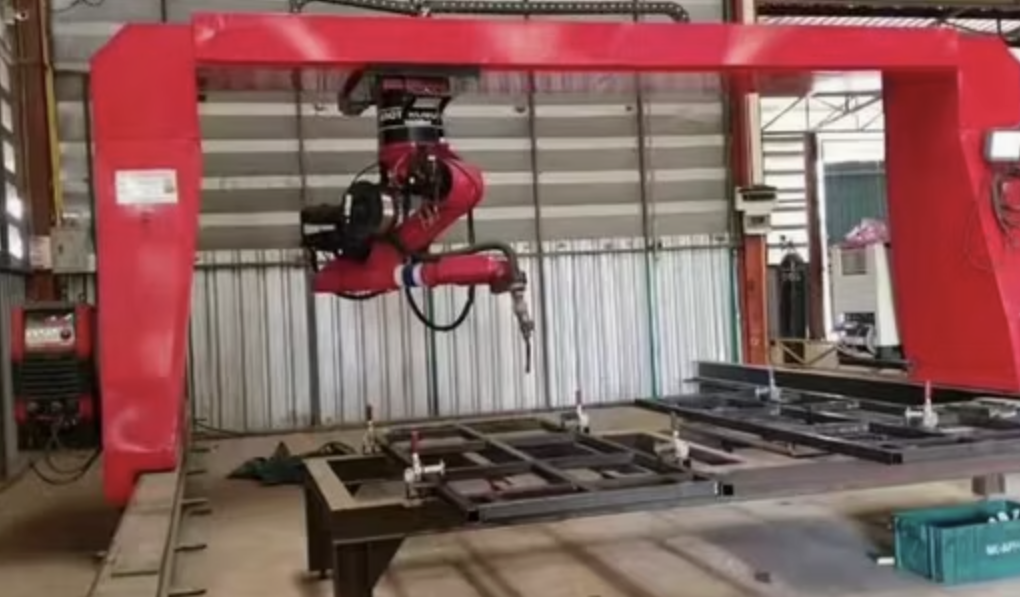
Posted on Saturday, October 5, 2024
Automation is rapidly reshaping industries worldwide, and South Africa's metal fabrication sector is no exception. Robotic welders are leading this transformation, offering precision, speed, and efficiency that surpass human capabilities.
Robotic welders are automated systems designed to perform welding tasks with minimal human intervention. Equipped with advanced sensors, programming software, and robotic arms, they deliver consistent and high-quality welds. These machines can handle various welding techniques, including MIG, TIG, and spot welding, making them versatile tools in metal fabrication.
South Africa's metal fabrication industry is critical to sectors like construction, automotive manufacturing, mining, and energy. Robotic welders are driving significant improvements in these industries by:
South Africa faces challenges like labor shortages, rising production costs, and increasing global competition. Robotic welders address these issues by:
1. What is a robotic welder?
A robotic welder is an automated machine that performs welding tasks with precision, speed, and minimal human intervention.
2. What industries use robotic welders in South Africa?
Industries like automotive manufacturing, construction, mining, and energy rely heavily on robotic welders.
3. Are robotic welders cost-effective?
Yes, despite the high initial investment, they reduce long-term operational costs by minimizing waste, errors, and labor expenses.
4. Can robotic welders work with different materials?
Yes, robotic welders can handle materials like steel, aluminum, and titanium, making them versatile for various applications.
A South African automotive manufacturer adopted robotic welders to assemble chassis and body parts. The result was a 30% increase in production efficiency, a significant reduction in material wastage, and improved product quality. This success story highlights the potential of robotic welders to transform businesses.
The future of robotic welders in South Africa is promising. As the industry adopts Industry 4.0 practices, robotic welders will integrate seamlessly with smart manufacturing systems. This evolution will enable predictive maintenance, real-time monitoring, and further efficiency gains.
Robotic welders are revolutionizing South Africa's metal fabrication industry, paving the way for a more efficient, competitive, and sustainable future. By embracing automation, businesses can overcome industry challenges and achieve new heights in productivity and quality.
If you’re considering investing in robotic welders, feel free to reach out for expert advice and guidance tailored to your business needs.

Used Purlin Roll Forming Machines for Sale Worldwide
Posted on Sunday, January 25, 2026
Pre-Owned Roll Forming Machines for Purlin & Structural Steel Profiles

Used Roof Panel Roll Forming Machines for Sale Worldwide
Posted on Sunday, January 25, 2026
Pre-Owned Roll Forming Machines for Roofing Panel Production

Used Roll Forming Machines for Sale Worldwide
Posted on Tuesday, January 20, 2026
Pre-Owned Roll Forming Machines with Inspection, Verification & Global Support

Steel Coil Supply for Roll Forming Machines Worldwide
Posted on Tuesday, January 20, 2026
Reliable Steel Coil Supply for Roll Forming, Fabrication & Manufacturing Applications
Copyright 2026 © Machine Matcher.